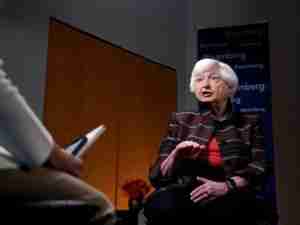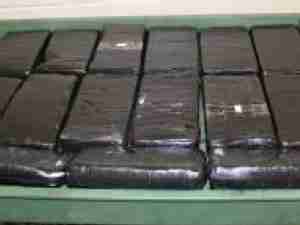After 17 years of talks, Moscow hopes to join the World Trade Organisation next year, having resolved key bilateral issues with the United States and the European Union.
The accession -- coupled with Russia winning the right to host the 2018 soccer World Cup last month -- should help boost investor confidence, enticing in foreign cash and know-how.
"The sentiment-related boost is going to be felt in terms of capital inflows, which ultimately will benefit the equities market, the rouble, the bond market," said Ivan Tchakarov, chief Russia economist at Bank of AmericaMerrill Lynch.
"It is going to be more sentiment-related positives rather than real changes, which will be felt in the medium term."
With the consumer sector back on track after a recession, WTO approval should pave the way for investors to follow in the steps of PepsiCo which last month bought juice and dairy maker Wimm-Bill-Dann in the biggest foreign acquisition in Russia outside the energy sector.
"Business in the U.S. feels that once Russia is in the WTO it will be more open to world trade, more open to investment," said Andrew Somers, head of the American Chamber of Commerce in Russia, who reckons that WTO entry and the Kremlin's modernisation drive could double bilateral trade and investment in five years.
President Dmitry Medvedev wants foreign investors to help modernise the economy and reduce the dependence on energy that left Russia more vulnerable to the global crisis than its peers.
France's Renault and Germany's Daimler are already at the forefront of revitalising the car industry.
But much remains to be done -- including by the government, to make foreign investors feel more secure about sharing capital and expertise -- and it will likely be years before some domestic goods can compete against imports that are expected to flood in with renewed force once Russia lowers tariffs on joining the WTO.
"Seven years is the minimum timeframe necessary for our carmakers to adjust to the reduction on import tariffs and the increased competition from abroad," said Yaroslav Lissovolik, chief strategist for Russia at Deutsche Bank.
OUTDATED
Russia ranks 63rd out of 139 countries in terms of competitiveness, according to the World Economic Forum. That puts it well behind both developed nations and emerging market peers Brazil, India and China, which ranks 27th.
Drags on Russia's overall rank include outdated technology, underdeveloped financial markets and the state of institutions, as well as the performance of the companies themselves.
"A combination of an overvalued real exchange rate, outdated capital stock and inept management means that it (Russia's manufacturing sector) is, for the most part at least, uncompetitive," Capital Economics said in a note.
Natural resources, whose exports are not generally covered by WTO rules, accounted for some 68 percent of Russia's exports in January-September, official data shows.
Of the small selection of exported manufactured goods -- such as cloth, cars and machinery -- around three-quarters is sold to the countries of the former Soviet Union.
"The first effect could even be negative, as opposed to other countries, where manufactured goods dominate in the export structure," said Julia Tsepliaeva, chief economist for Russia and CIS at BNP Paribas. "Competition on the domestic market (from imports) will increase."
The World Bank estimates WTO entry could increase Russia's gross domestic product by 3.3 percent in the medium term and 11 percent in the long term -- once industry has adjusted.
To fully capitalise on the benefits, Russia would need to cement the sentiment boost with more foreigner-friendly policies and reduced corruption -- reform which could take years.
"WTO accession in itself is less likely to significantly boost FDI unless i








